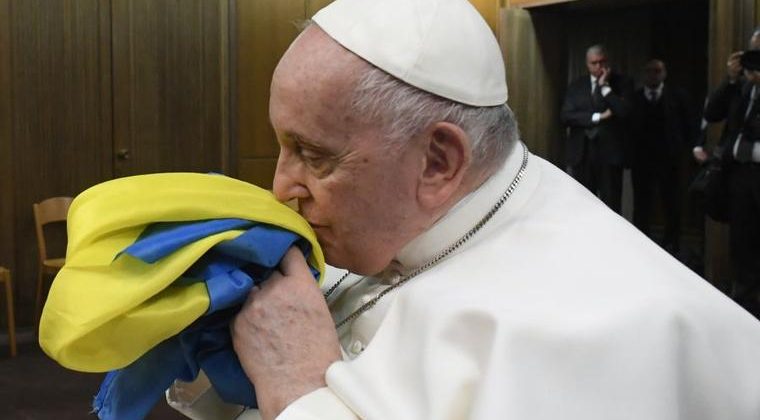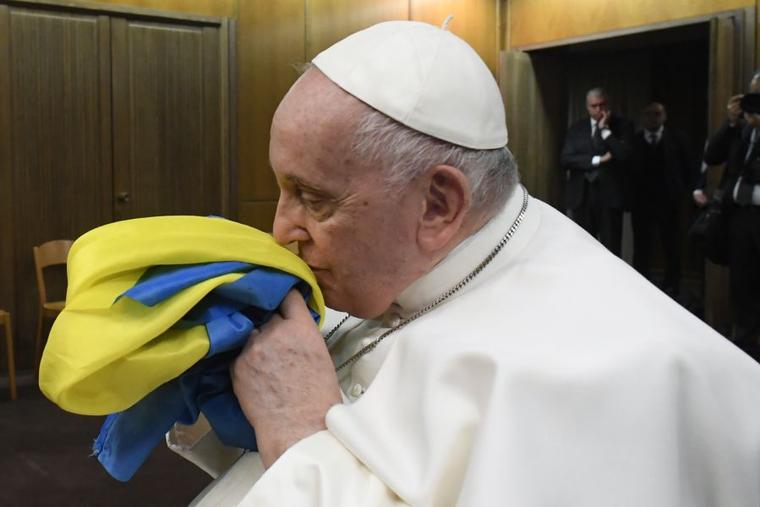

The Pope wants peace in the Ukraine. He opposes Russian war crimes, but is not acting diplomatically on behalf of the West in the way John Paul II did during the Cold War.
Over at The Atlantic, John Allen, the editor of the Catholic magazine Crux, argues that Francis’s position on Ukraine reflects demographic changes in the Church.
Here is a taste:
Pope Francis has staked a position on the war in Ukraine that puts him more in line with Beijing, New Delhi, and Brasília than Washington, London, or Brussels: He wants to end Ukraine’s armament by the West and negotiate an immediate cease-fire. Earlier this week, Francis vaguely alluded to a mission he was working on to end the conflict. Yet he seems to have alienated many of the actors whose support he would need to do so.
“Never in the last sixty years,” wrote Marco Politi, a journalist who has covered the papacy since 1971, “with regard to a matter of such international importance has the Holy See found itself in such a marginal position.”
Still, Francis’s actions are neither arbitrary nor irrational. They are a deliberate response to how the Catholic Church is changing—and will continue to change—in the 21st century. More Catholics than ever before live outside the West and don’t see the war in Ukraine on the same terms as Europe and the United States do. Understood in this light, Francis’s position previews the future of the Church as a geopolitical force, one that will be far less acquiescent to the West.
Read the rest here.